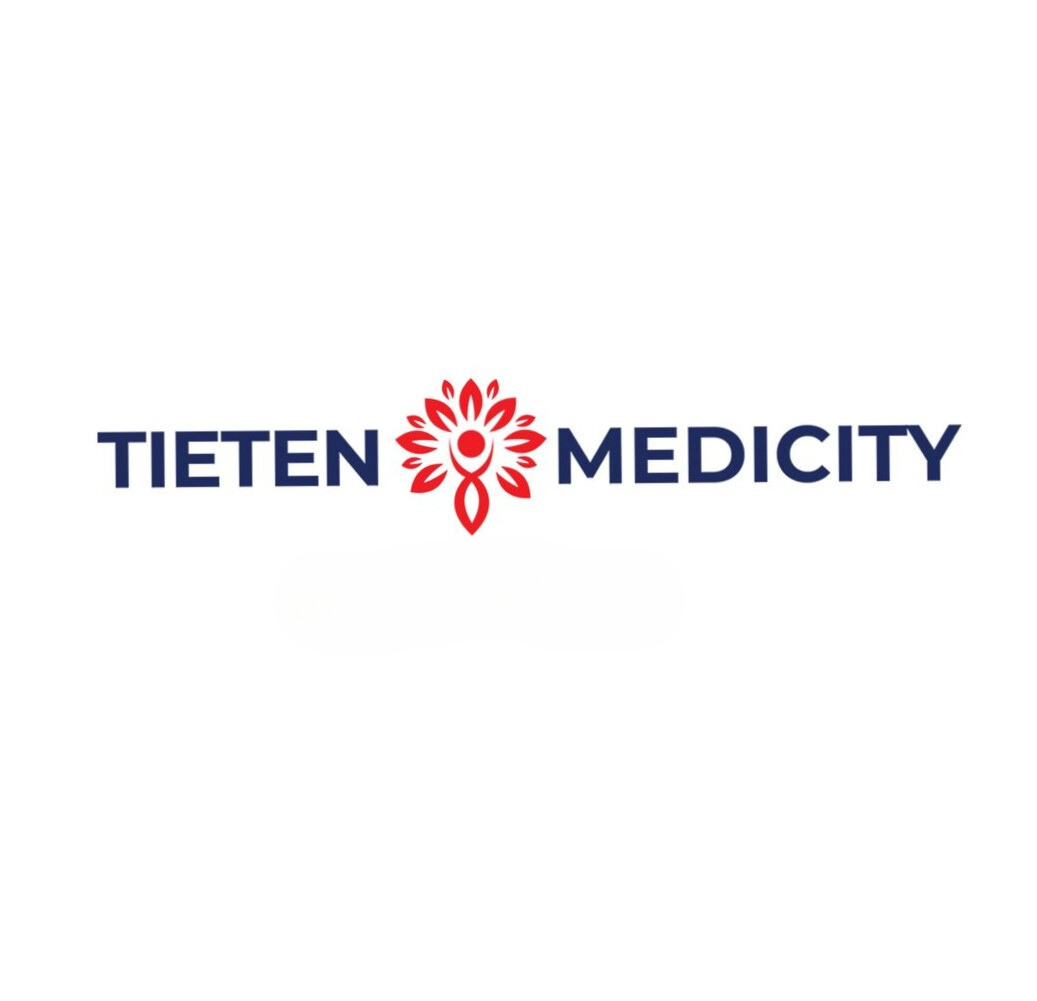Exploring the Underworld of Academic Ghostwriting: Practices, Perils, and Perspectives

Exploring the Underworld of Academic Ghostwriting: Practices, Perils, and Perspectives
In today's fast-paced academic arena, where the pursuit of qualifications often collides with real-world demands, ghostwriting has become a clandestine ally for many. These surrogate scholars pen assignments and advanced works, enabling clients to harvest rewards without the toil. This piece uncovers its fundamentals, backstory, procedures, incentives, moral conflicts, exposures, and forthcoming adaptations.
Core Concept of Academic Ghostwriting
Academic ghostwriting is the discreet hiring of an expert to generate intellectual property—essays, case studies, manuscripts, or full-degree capstones—that the purchaser submits under their own banner. The writer vanishes into obscurity, remunerated quietly and contractually silenced.
It serves a broad spectrum: procrastinating undergrads, corporate climbers in executive education, or researchers offloading burdens. Disguised as "writing consultations" on sites like PaperHelp or freelance hubs, providers guarantee bespoke, undetectable content aligned with institutional standards, using sophisticated voice emulation to blend seamlessly with the client's purported style.
Evolution Through the Ages
Ghostwriting's lineage stretches to Mesopotamian clerks recording royal edicts and medieval monks transcribing forbidden texts. In scholarly realms, it surfaced prominently in the Industrial Revolution's educational boom, with 19th-century tutors composing exams for elite pupils.
The online explosion in the new millennium supercharged it; early 2000s forums like CheatHouse paved the way for sophisticated operations. Economic globalization played a role, tapping talent pools in developing nations. Per a 2023 Integrity Studies International report, the market now hovers around $3 billion worldwide, amplified by remote learning's anonymity and the credential arms race in gig-driven economies.
Operational Blueprint
The cycle kicks off with detailed briefs: objectives, bibliography minima, and deadlines, often via VPN-secured apps to evade tracking.
Ghostwriters, typically overqualified (e.g., postdocs in precarious jobs), harness premium access to archives like Web of Science or Elsevier, synthesizing insights into polished prose. Revisions loop in client tweaks for personalization, bolstered by AI-aided checks for authenticity via tools like Quetext. Fees tier by stakes—$18-45 per page for routine tasks, escalating to $30,000-$80,000 for theses—with milestones triggering partial payments through crypto for untraceability.
Underlying Motivations and Participants
Root causes include escalating stressors: a 2025 National Student Clearinghouse analysis indicated 40% dropout risks from overload, nudging shortcuts. Linguistic and cultural divides hinder millions of cross-border enrollees, per UNESCO's latest figures.
Users justify it as survival tactics in unequal systems where privilege buys time. Suppliers, drawing from academia's adjunct crisis (80% non-tenure per AAUP data), see it as supplemental income, often defending it philosophically as critiquing flawed metrics that reward output over comprehension in publish-or-perish cultures.
Ethical Tensions at Play
It starkly violates tenets like those in the COPE (Committee on Publication Ethics) guidelines, which insist on transparent authorship and effort. This subterfuge inflates imposters into influential positions, eroding public confidence—imagine policy makers with ghosted expertise.
Counterarguments highlight its role in leveling fields, akin to accessibility aids for disabilities. Nevertheless, longitudinal research in Studies in Higher Education (2024) correlates such practices with eroded competencies, breeding workplace incompetence and socioeconomic divides where the affluent accrue unearned capital, undermining merit-based societies.
Dangers Lurking for Stakeholders
Discovery triggers cascades: academic penalties like degree rescission or barred re-enrollments, echoed in high-profile cases like the 2022 Chinese diploma mill busts. Emerging tech, including biometric stylometry and blockchain provenance, narrows escape routes.
For writers, pitfalls encompass fraud accusations, tax evasion probes, or psychological toll from enabling deceit. Regulatory nets tighten—Germany's 2021 law bans promotion with €100,000 penalties—while civil claims for educational fraud gain traction in common-law systems, and social media doxxing amplifies fallout.
Prospects in an AI-Driven Era
With AI evolutions rendering basic ghosting obsolete—models generating nuanced papers instantaneously—a 2025 Gartner prediction foresees a pivot to specialized, oversight-resistant niches like data fabrication or viva prep. Institutions innovate countermeasures: experiential learning, randomized orals, and integrity oaths embedded in curricula.
Viable eradication demands upstream fixes—affordable counseling, adaptive pacing, and redefined success beyond grades, as advocated in the Academic ghost writer org declarations. By healing educational fractures, ghostwriting's grip may loosen, illuminating paths to genuine scholarship over spectral stand-ins.








